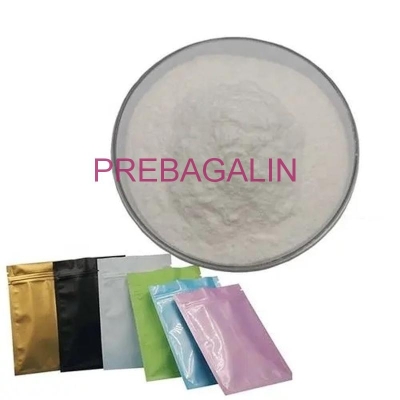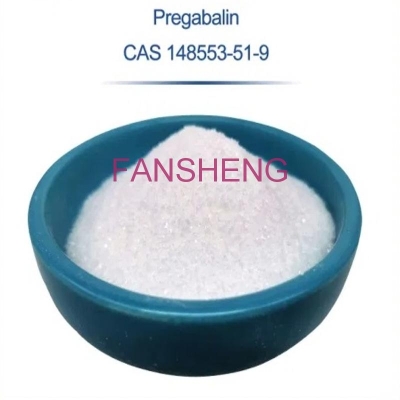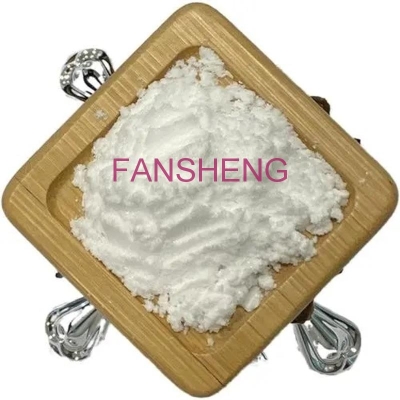-
Categories
-
Pharmaceutical Intermediates
-
Active Pharmaceutical Ingredients
-
Food Additives
- Industrial Coatings
- Agrochemicals
- Dyes and Pigments
- Surfactant
- Flavors and Fragrances
- Chemical Reagents
- Catalyst and Auxiliary
- Natural Products
- Inorganic Chemistry
-
Organic Chemistry
-
Biochemical Engineering
- Analytical Chemistry
- Cosmetic Ingredient
-
Pharmaceutical Intermediates
Promotion
ECHEMI Mall
Wholesale
Weekly Price
Exhibition
News
-
Trade Service
In vivo diagnosis of cognitive neurodegenerative diseases remains challenging and relies on a combination of clinical, biological, and imaging evidence
.
Molecular imaging with positron emission tomography (PET) enables the detection of certain protein lesions in vivo and provides evidence of pathophysiology similar to cerebrospinal fluid (CSF) biomarkers
Diagnoses such as intraneural and extraneural tangles and dystrophic axons
In the present study, we aimed to explore whether regional tau binding measured at baseline is associated with the rate of AD progression after 2 years of follow-up, based on (a) cognitive decline in specific cognitive domains and (b) regional The progression of brain atrophy was assessed
Thirty-six patients diagnosed with AD at the stage of mild cognitive impairment or mild dementia were included: (i) CSF biomarker profiles suggestive of AD (total tau (t-tau)/amyloid beta (aβ42) > 0.
52 , with a sensitivity of 93% and a specificity of 83%) (;(ii) [11C]-PiB PET Global Cortical Index (GCI) >1.
45 and (iii) Clinical Dementia Rating (CDR) scale ≤1.
36 patients Twenty-nine patients were taking cholinesterase inhibitors, two of whom were also taking N-methyl-D-aspartate antagonists
.
During the 2-year follow-up period, treatment changes were very limited: three patients stopped Cholinesterase inhibitors were used, and cholinesterase inhibitors were used in three other patients
Thirty-six patients diagnosed with AD at the stage of mild cognitive impairment or mild dementia were included: (i) CSF biomarker profiles suggestive of AD (total tau (t-tau)/amyloid beta (aβ42) > 0.
Voxel prediction analysis results show association between baseline tau-PET binding
Voxel prediction analysis results show association between baseline tau-PET bindingHippocampal volume and cortical thickness (CT) were used for the temporal volume of interest (VOI), which included the entorhinal cortex, the fusiform gyrus, and the inferior and middle temporal gyri, as MRI results
.
Whole-brain gray matter volume at the voxel level was also considered
Hippocampal volume and cortical thickness (CT) were used for the temporal volume of interest (VOI), which included the entorhinal cortex, the fusiform gyrus, and the inferior and middle temporal gyri, as MRI results
Results of voxel predictive analysis showing association between baseline tau-PET binding and progression of right hippocampal atrophy
Results of voxel predictive analysis showing association between baseline tau-PET binding and progression of right hippocampal atrophyIn areas commonly associated with each cognitive domain, baseline tau-PET was strongly associated with subsequent cognitive decline
.
There was no significant relationship between cognitive decline and initial amyloid burden, local cortical atrophy, or cerebrospinal fluid biomarkers
In areas commonly associated with each cognitive domain, baseline tau-PET was strongly associated with subsequent cognitive decline
These results demonstrate that tau-tracer binding can predict cognitive decline in AD patients in specific brain regions, providing important insights into the interaction between tau burden and neurodegeneration, and for the development of new prognostic markers to Crucially, this will help improve the design of treatment trials
leave a message here







